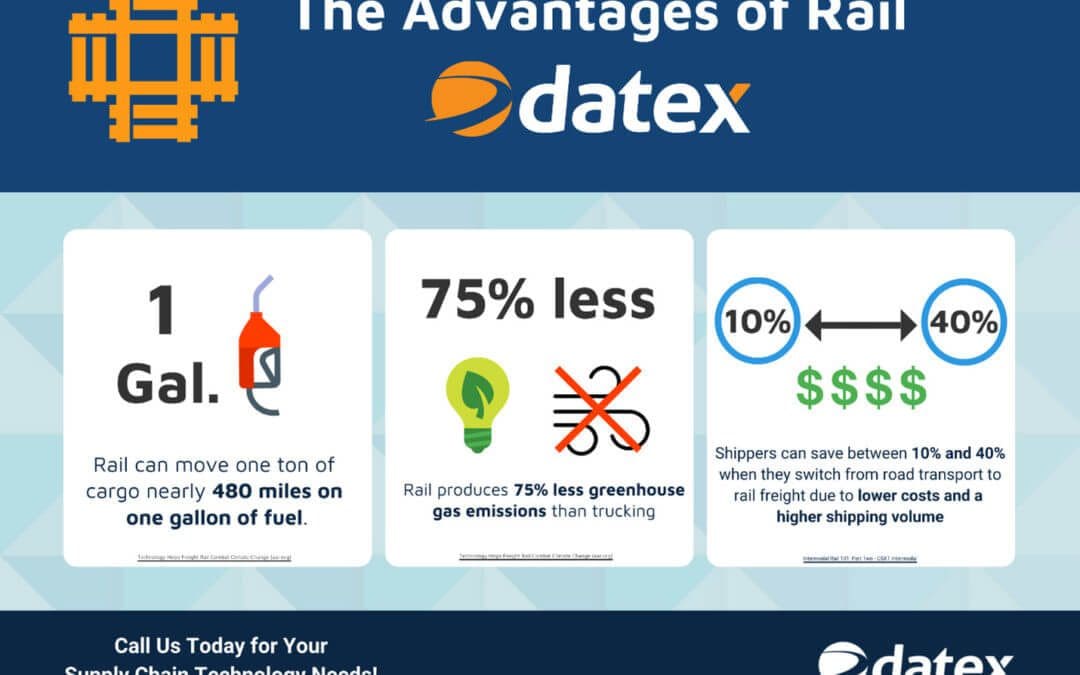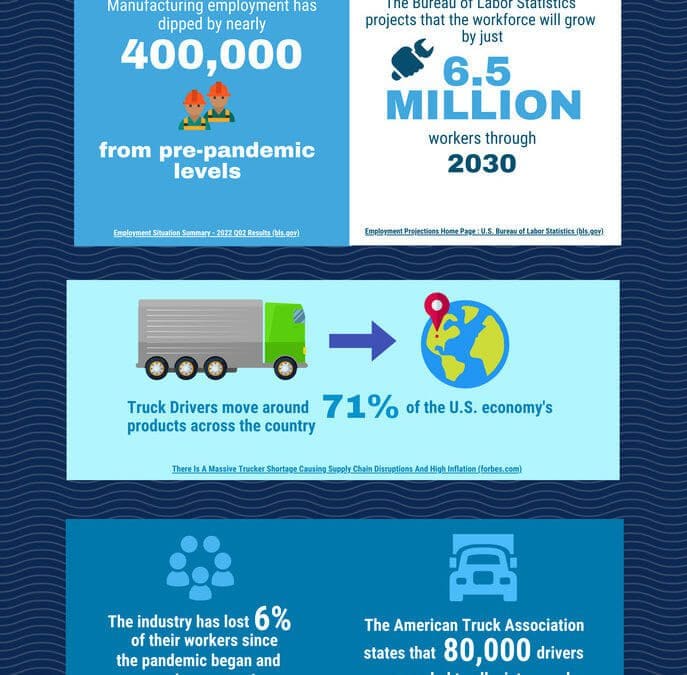According to the Global Supply Chain Survey 2013 automotive industry leaders plan to focus on both continuous improvement efforts relating to production efficiency and inventory management. Focusing on improving these areas can help to reduce costs and increase supplier collaboration. The top four areas of focus identified in this study were cost minimization, delivery performance, volume flexibility and complexity management. This is where industry best practices come into play. To address these issues automotive supply chain operators are implementing EDI/ASN to more effectively manage inbound shipment schedules and facility staffing. The information gleaned from this change allows these businesses to be proactive rather than reactive. Supply chain managers are also implementing documentation management protocols in order to comply with regulations and improve recall execution. In response to omni-channel retailing the automotive supply chain is also now aggregating orders into once centralized location such as a warehouse management system (WMS). This provides fulfillment centers with a more holistic view of inventory data. With this more accurate view of data, supply chain operations can also reduce on-hand inventory and focus on a just-in-time (JIT) replenishment strategy. This helps to reduce costs creating savings that can be passed on to customers. Transportation routing and other analytics are also being used to make data more accessible to all key supply chain players, including customers. To access more valuable automotive supply chain resources contact Datex experts today at www.datexcorp.com or marketing@datexcorp.com or call 800.933.2839 ext 243.
See what Datex Footprint® WMS can do for you.
INFOGRAPHIC: THE ADVANTAGES OF RAIL
Rail has linked businesses and consumers to one another for centuries and still plays a critical role in the economic development of America. According to the International Energy Agency, the demand for freight activity is going to more than double by the year 2050….
INFOGRAPHIC: SUPPLY CHAIN LABOR SHORTAGE
Labor shortages directly affect the ability of local, regional, and global supply chains to move goods. Although COVID-19 helped to exacerbate supply chain disruptions, the logistics and transportation industries have made it challenging for companies to diminish…
Infographic: Baby Formula Shortage and Supply Chain Resilience
Supply chain resilience is a term that describes a supply chains ability to prepare for and adapt to unexpected events. What happens when a supply chain needs to readily adapt due to some level of disruption? Can it recover quickly and still perform at a high-level…



